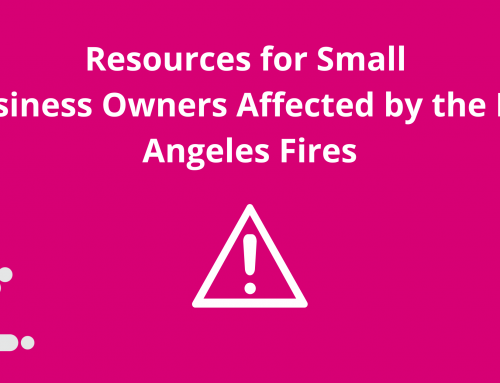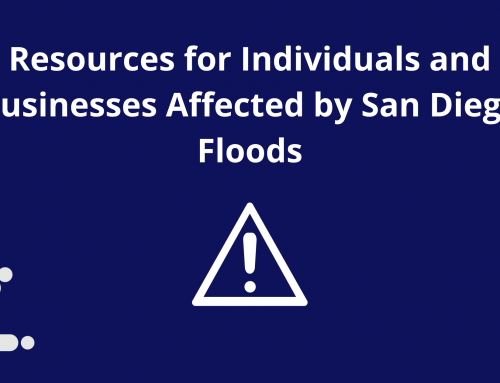
Yordanos Asmelash Haile of Asmara Cafe in San Diego, CA
You want to start a business and although it’s exciting, it can also be overwhelming. Having a roadmap of the steps to take in starting a business can help. To successfully launch your business the right way, here are 7 steps in starting a business:
1) Research and register your business name
You’ve likely spent a lot of time thinking of the perfect name for your new business. The county recorder’s office’s website will usually have a search feature where you can search the availability of your business name. This will help you avoid finding later on that there is another business operating under the same name. If your business name does not appear in a search, register it right away. Future businesses will not be able to use the same business name.
In Southern California, use the following county websites to register your business:
- San Diego County
- Imperial County
- Riverside County
- San Bernardino County
- Orange County
- Los Angeles County
2) Determine your business structure
The simplest way to structure your business is as a sole proprietorship. You can do this by registering your business name with the county recorder’s office. Keep in mind that the sole proprietor assumes all the risk of the business. There may be tax or legal benefits to structuring your business as a separate legal entity like an LLC or corporation. We recommend consulting with a tax or legal counsel to determine the best business structure based on your goals.
There are various free legal support organizations throughout Southern California. You must meet certain income requirements to qualify for this support. Please visit the Pro Bono Directory on the State Bar of California to see what organization serves your area.
3) Obtain a business license with the city
A business license gives you permission to operate your business in a designated location/city. If you do not get a business license, you may be fined for failing to get a license to operate your business within that city. Business tax certificates instead of business licenses are distributed in the cities of San Diego and Los Angeles. A business tax certificate acknowledges that you paid your business taxes to the city.
4) Obtain other necessary permits
Depending on your type of business, you may be legally required to obtain certain permits. These permits can include zoning, building, health department or fire department permits. It’s a good idea to inquire with the city and county where your business is located about other permits that may be required for your business.
Find information on permitting on www.calgold.ca.gov.
5) Write a business plan
Take the time to research and write a business plan. A business plan has many components. It includes information on:
a) who your target client is
b) how your business will compare against your competition
c) how you will bring your product or service to market
d) what your pricing and marketing plan will be, and more.
The more you focus on your business plan before you begin, the more you’ll save on time and money. You will be less likely to make common or costly startup mistakes.
Download a business plan template from Accessity.
6) Develop your first year of financial projections
You should plan what your monthly business budget will be (your monthly income and expenses) and project what you expect to earn in your first year. In making your best prediction, you will help to determine if the pricing for your product and service is accurate or if your costs are affordable enough to earn a profit.
Download a financial projections template from Accessity.
7) Get free business coaching and support
Finding business coaching and support isn’t always easy. It’s best to invest the time and research to set your business up to succeed from the beginning. There are many organizations that can help you develop your business plan and financial projections and navigate the startup stage with free business coaching. Contact Accessity to get connected to our community of business partners such as the Small Business Development Center, Women’s Business Center, or others who can help you build a successful business.
Here are the offices that serve Southern California:
- Small Business Development Center
- SCORE
- Women’s Business Center
This information is shared for educational purposes only. Please consult legal, tax, credit, or financial experts for specific guidance.





